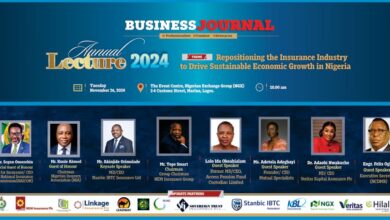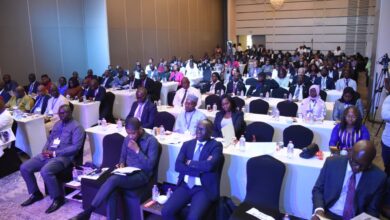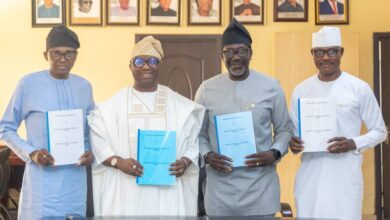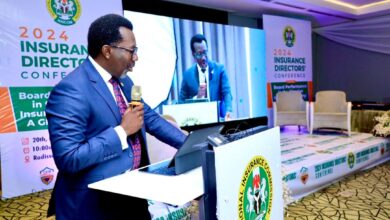Stakeholders to Explore Ways to Deepen Financial Inclusion at NAIPCO Confab

As Nigeria seeks to drive financial inclusion with the target of achieving 80 per cent penetration by 2020, stakeholders in the financial service sector will converge soon to discuss implementation framework through micro insurance and pensions.
The stakeholders, who will converge at the 4th edition of the National Association of Insurance and Pension Correspondents (NAIPCO) conference billed to hold on 29th of August, 2019 at the Four Points By Sheraton Hotel, VI, Lagos, will explore various ways at which the two sectors have been deepening financial inclusion through micro agendas.
With the theme of the conference being “Financial Inclusion: The Micro Agenda For Insurance and Pension Sectors,” experts will discuss the Micro insurance guideline and Micro Pension Plans and how it can be an effective tool to deepen financial inclusion in the country.
The Micro Insurance Guideline is a concept launched by the National Insurance Commission (NAICOM), while Micro Pension Plan was recently launched by PenCom. The two concepts are expected to deepen insurance and pension penetration, especially, in the informal sector of the economy where players were largely financially excluded.
The event, to be chaired by Mohammad Ahmad, former director general of the National Pension Commission (PenCom) has, as special dignitaries, the Acting Director General of the National Pension Commission(PenCom), Aisha Dahir-Umar, and the Commissioner for Insurance, while the Managing Director/CEO, Achor Actuarial Services Ltd, Dr. Pius Apere is the Guest Speaker.
The NAIPCO event also brings together, consumers and other stakeholders of the two industries to discuss issues, challenges and the way forward for economic growth and prosperity.
A statement from NAIPCO Secretariat, signed by its President, Omobola Tolu-Kusimo, stated that the conference is focusing on financial inclusion, especially, as insurance and pension penetration and are still abysmally low when you consider 190 million population, of which about 30 millions are working class citizens.
The two sectors she said, could drive the financial inclusion strategy of the country if relevant stakeholders plays their respective roles effectively.
The association, she pointed out, will also confer its award on institutions that have contributed immensely to the growth and development of the two sectors of the nation’s economy.





